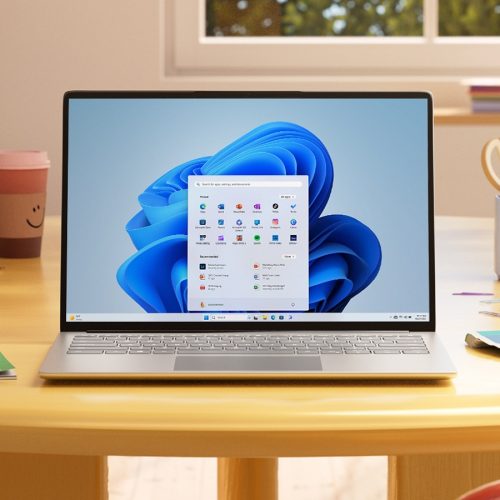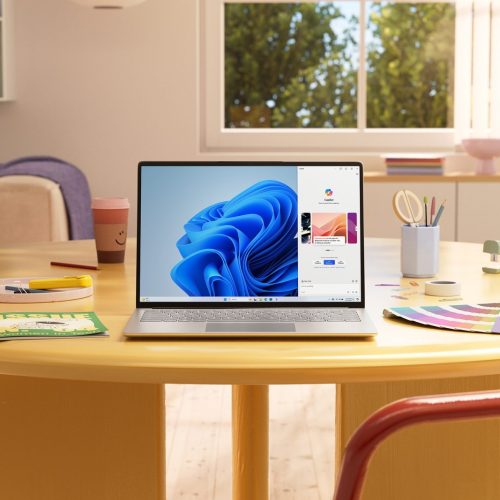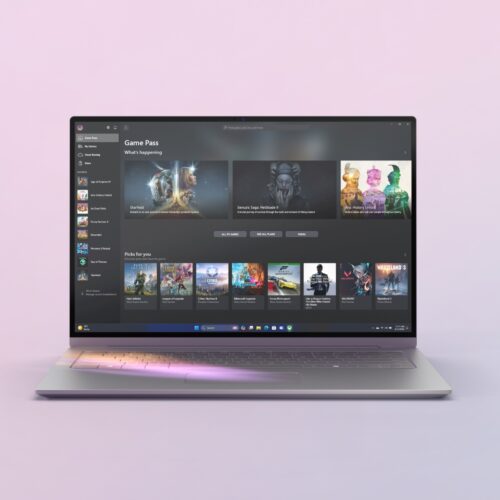Microsoft would really like you to replace your old Windows 10 PCs this year
Last January at CES, Microsoft Chief Marketing Officer Yusuf Mehdi declared 2024 the "year of the AI PC." And whether you believe that prediction came true or not—many new PCs come with AI-accelerating neural processing units (NPUs) onboard, but far from all of them—you can't deny that Microsoft did try very hard to make it happen.
This year, Mehdi is back with another prediction: 2025 will be "the year of the Windows 11 PC refresh." This year is also, not coincidentally, the year that most Windows 10 PCs will stop receiving new security updates.
Mehdi's post includes few, if any, new announcements, but it does set the tone for how Microsoft is handling the sunsetting of Windows 10, attempting to strike a balance between carrot and stick. The carrots include Windows 11's new features (both AI and otherwise) and the performance, security, and battery life benefits inherent to brand-new PC hardware. The stick is that Windows 10 support ends in October 2025, and Microsoft is not interested in extending that date for the general public or in expanding official Windows 11 support to older PCs.


© Microsoft


